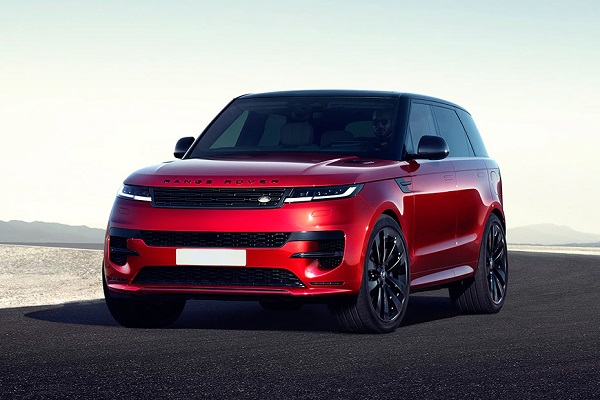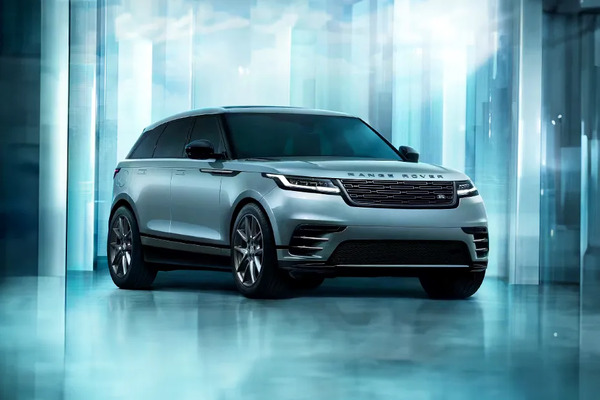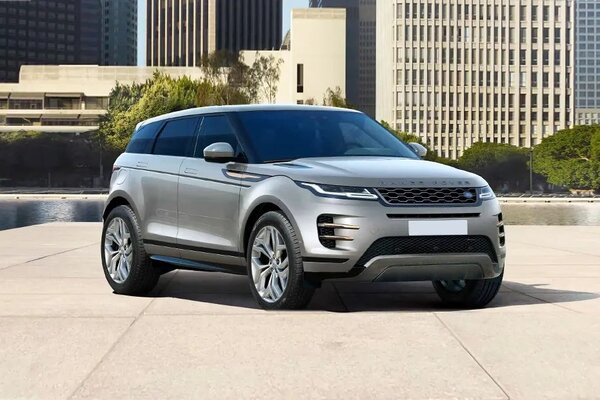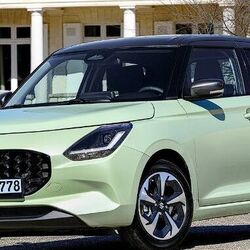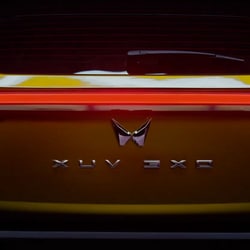Land Rover developing Defender SUV prototype powered by hydrogen fuel cell


Jaguar Land Rover has announced that it is working on a hydrogen fuel cell electric vehicle (FCEV) based on the Land Rover Defender SUV. The prototype Defender SUV, powered by hydrogen fuel cell, will begin testing later this year.
Hydrogen fuel cell electric vehicles generate electricity from hydrogen to power an electric motor. It is seen as an alternative to battery-powered electric vehicles. The FCEV concept is part of Jaguar Land Rover's aim to achieve zero emissions by 2036.
Also check these Cars
Jaguar Land Rover's advanced engineering project, known as Project Zeus, is part funded by the UK government-backed Advanced Propulsion Center. The prototype Defender FCEV testing aims to verify key attributes such as off-road capability and fuel consumption.
Jaguar Land Rover has teamed up with Delta Motorsport, AVL, Marelli Automotive Systems and the UK Battery Industrialization Center (UKBIC) to research, develop and create the Defender prototype SUV powered by hydrogen fuel cell.
Ralph Clague, Head of Hydrogen and Fuel Cells, Jaguar Land Rover , said, “We know hydrogen has a role to play in the future powertrain mix across the whole transport industry, and alongside battery electric vehicles, it offers another zero tailpipe emission solution for the specific capabilities and requirements of Jaguar Land Rover’s world class line-up of vehicles. The work done alongside our partners in Project Zeus will help us on our journey to become a net zero carbon business by 2039, as we prepare for the next generation of zero tailpipe emissions vehicles. The work done alongside our partners in Project Zeus will help us on our journey to become a net zero carbon business by 2039, as we prepare for the next generation of zero tailpipe emissions vehicle."
Hydrogen-powered fuel cell electric vehicles are claimed to be ideal for large, longer-range vehicles, or for vehicles which often run in hot or cold environments. These vehicles can provide high energy density and rapid refuelling, and minimal loss of range in low temperatures.
According to reports, fuel cell electric vehicles has nearly doubled since 2018, while hydrogen refuelling stations have increased by more than 20 per cent. It is projected that in the next nine years hydrogen-powered fuel cell electric vehicles could top 10 million with 10,000 refuelling stations worldwide.







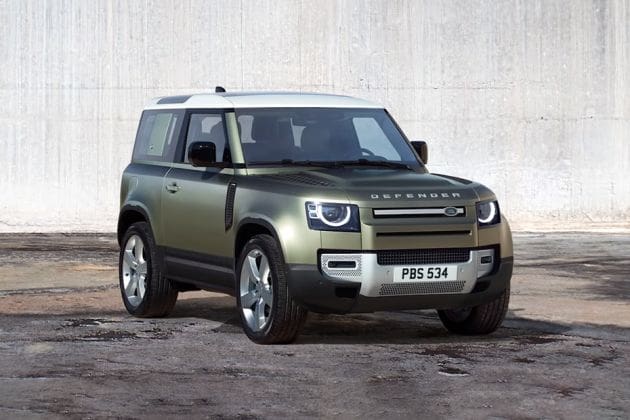
 2996.0 cc
2996.0 cc Multiple
Multiple